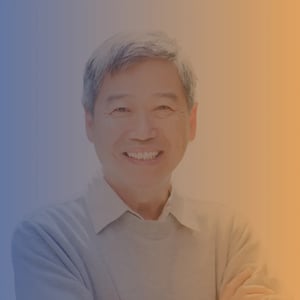
Equality definition: what does equality mean?
Home / DE&I glossary / Equality definition
Equality definition
Equality, literally defined as "the state of being equal", was first mentioned in the early fifteenth century. In modern organisations, equality stands for assuring equal access, treatment, outcomes, and influence in employment and service delivery. In the UK for example, the principles of equality are outlined in the UK Equality Act 2010 (EA10), which emphasises that every person must have an equal opportunity to make the most of their life and talent. It also refers to the idea that no one should be denied opportunities in life due to their upbringing, identity, or experiences.
Equality differs from equity, and rather refers to treating everyone the same whilst disregarding any individual differences. On the other hand, equity refers to treating everyone with fairness and taking those individual differences into account. Thus, recent discussions challenge whether workplace equality goes far enough.
Inequality happens when a company treats everyone equally without acknowledging that particular individuals or demographics might require additional assistance. Equity is currently regarded as a superior approach to update workplaces and assist people in achieving their full potential, due to acknowledging an unequal playing field.
Real-world context
- Accessibility: A prominent example of why equity is better suited to equality in the workplace is accessibility. For instance, following equality rules, all employees would be given the same physical amenities for their job, such as a desk and chair. However, this approach may not be suitable for those with a physical disability, where equality in this case results in inequality.
- Recruitment and hiring: Similarly, following equality, all candidates would be doing the same written or aptitude test, which in turn would discriminate against candidates with certain disabilities such as dyslexia.
- Rewards and benefits: The effects of equality vs equity apply throughout the employee lifecycle, including workplace benefits. Equality would mean that all employees would be getting the same benefits, such as a pension plan or childcare benefits. However, a fairer approach would enable employees to personalise their benefits according to their needs – for example, the provision of flexible working where needed.
Related terms





Related services
Can’t find what you’re looking for?
Book a complimentary one-to-one consultation session with us and allow us to explore your specific needs in detail. We create bespoke solutions to ensure our strategies are aligned with your business’ goals.


